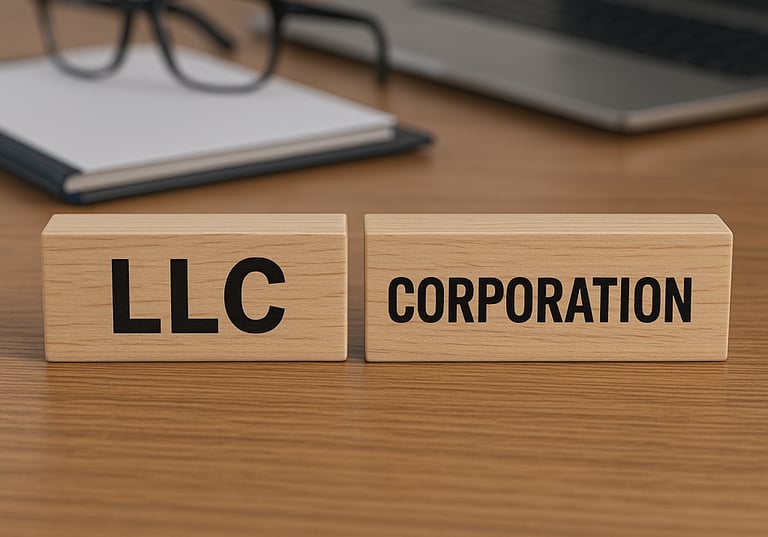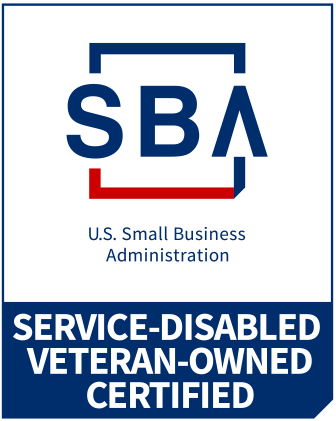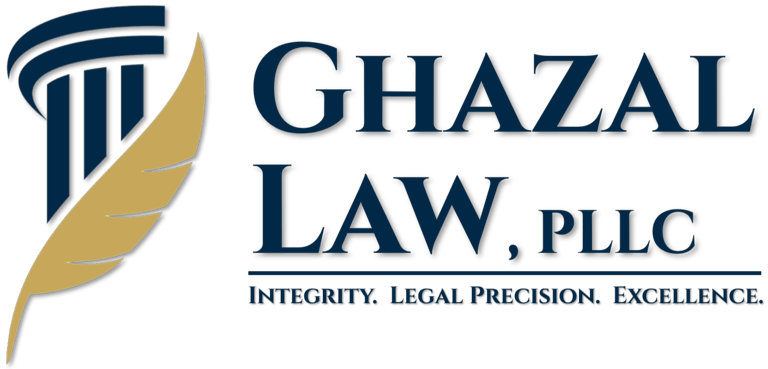LLC vs. Corporation: Which Is Right for Your New Business in Massachusetts?
BUSINESS & CORPORATE LAW
Richard Ghazal, Esq.
7/8/20253 min read


Starting a business in Massachusetts involves a series of important decisions, and one of the most foundational is choosing the right legal structure. For most small and mid-sized businesses, the two most common choices are a Limited Liability Company (LLC) or a Corporation. Each structure has its advantages and tradeoffs, particularly when it comes to liability protection, taxation, ownership, and compliance under Massachusetts law.
At Ghazal Law PLLC, we help Massachusetts entrepreneurs navigate this critical choice and set up their businesses with the right legal foundation. Below, we explain the key differences between LLCs and Corporations so you can make an informed decision for your new venture.
What Is an LLC?
An LLC (Limited Liability Company) offers business owners a flexible and straightforward structure. It combines the liability protection of a corporation with the tax advantages and simplicity of a sole proprietorship or partnership. In Massachusetts, an LLC is created by filing a Certificate of Organization with the Secretary of the Commonwealth and paying a $500 filing fee (as of 2025).
Key benefits of forming an LLC in Massachusetts include:
Limited personal liability: Owners (called “members”) are not personally liable for the debts and liabilities of the business.
Pass-through taxation: LLC income is reported on the members’ individual tax returns, avoiding double taxation unless the LLC elects to be taxed as a corporation.
Flexible management: LLCs can be member-managed or manager-managed, offering operational flexibility.
Minimal formalities: Unlike corporations, LLCs are not required to hold annual meetings or maintain formal minutes.
Adaptable ownership: LLCs can have unlimited members, including individuals, other LLCs, and corporations.
This structure is particularly well-suited for solo entrepreneurs, family-owned businesses, professional service firms, and startups looking for simplicity without sacrificing legal protection.
What Is a Corporation?
A Corporation, on the other hand, is a more formal legal structure that may be better suited for businesses with plans to raise capital, issue stock, or expand aggressively. Corporations in Massachusetts are governed by Chapter 156D of the Massachusetts General Laws and are formed by filing Articles of Organization with the Secretary of the Commonwealth.
There are two primary types of corporations: C-Corporations and S-Corporations. C-Corps are taxed separately from their shareholders, resulting in what’s commonly known as “double taxation.” S-Corps, if they meet IRS requirements and file the appropriate election, allow for pass-through taxation similar to an LLC.
Advantages of forming a Corporation in Massachusetts include:
Strong liability protection for shareholders.
Easier access to capital through the issuance of stock.
Attractive structure for investors and institutional financing.
Stock-based compensation options for employees and founders.
Continuity of existence, even if ownership changes.
However, corporations also come with more formalities, including mandatory annual meetings, maintenance of bylaws, board governance, and corporate recordkeeping.
LLC vs. Corporation: Key Differences for Massachusetts Businesses
While both entities provide liability protection and are recognized under Massachusetts law, they differ significantly in several key areas:
Taxation
LLC: Pass-through by default; may elect corporate tax treatment.
Corporation (C-Corp): Subject to double taxation unless electing S-Corp status.
S-Corp: Pass-through taxation, but limited to 100 U.S. individual shareholders.
Ownership and Management
LLC: Unlimited members; flexible management (member- or manager-managed).
Corporation: Shareholders, board of directors, and officers required; governance structure is more rigid.
Compliance Requirements
LLC: Fewer formalities; no need for annual meetings or bylaws.
Corporation: Must hold annual meetings, maintain meeting minutes, and adopt bylaws.
Filing and Fees in Massachusetts
LLC Annual Report: Due annually on the anniversary of formation; $500 fee.
Corporation Annual Report: Due March 15 each year; $125 fee.
Capital Raising
LLC: May face challenges attracting outside investors.
Corporation: Better suited for venture capital and equity financing due to stock issuance.
Excise Tax
Corporation: Subject to the Massachusetts corporate excise tax (net income and net worth components).
LLC: Not subject to corporate excise tax unless taxed as a corporation.
Massachusetts-Specific Considerations
Business owners in Massachusetts must also consider state-specific factors when choosing an entity type. For example, professional services such as legal, medical, and accounting practices may be required to form a Professional LLC (PLLC) or a Professional Corporation (PC), depending on licensing board requirements. Additionally, Massachusetts imposes corporate excise taxes on corporations, which may influence tax strategy.
Which Entity Is Right for You?
There is no universal answer—selecting the right business structure depends on your industry, tax strategy, funding goals, and risk tolerance. An LLC may be the right fit if you prioritize flexibility, simple compliance, and pass-through taxation. On the other hand, a Corporation—especially an S-Corp—may be a better choice if you’re planning to raise capital, offer stock options, or scale rapidly.
Before making a decision, it’s wise to consult with a business attorney and a tax professional to evaluate your specific situation. The choice you make now can have lasting implications for your personal liability, tax obligations, and ability to grow.
Get Legal Guidance from a Massachusetts Business Attorney
At Ghazal Law PLLC, we provide personalized legal counsel to business owners across Massachusetts. We help clients form LLCs, S-Corps, C-Corps, and Professional Entities with a focus on long-term legal health and compliance. Our firm will walk you through:
Choosing the best legal structure for your goals
Drafting and filing formation documents
Preparing operating agreements or corporate bylaws
Navigating IRS S-Corp elections (if appropriate)
Ensuring annual compliance with Massachusetts law
If you’re launching a business or considering restructuring your existing entity, contact Ghazal Law PLLC today to schedule a free consultation. We’ll help you build your business on a solid legal foundation.
Contact us
© 2025 by Ghazal Law, PLLC. All rights reserved.


Ghazal Law, PLLC is a service-disabled
veteran-owned law firm.
Content and information on this website is intended to be informational only; it does not constitute legal advice. Consulting the website, submitting an inquiry via the website, and/or engaging in a free initial consultation do not constitute the formation of an attorney-client relationship with Ghazal Law, PLLC. Testimonials, endorsements, and description of services do not constitute a guarantee or prediction on the outcome of your legal matter.
Phone: 508-622-5183
Email: richard@ghazallaw.com
